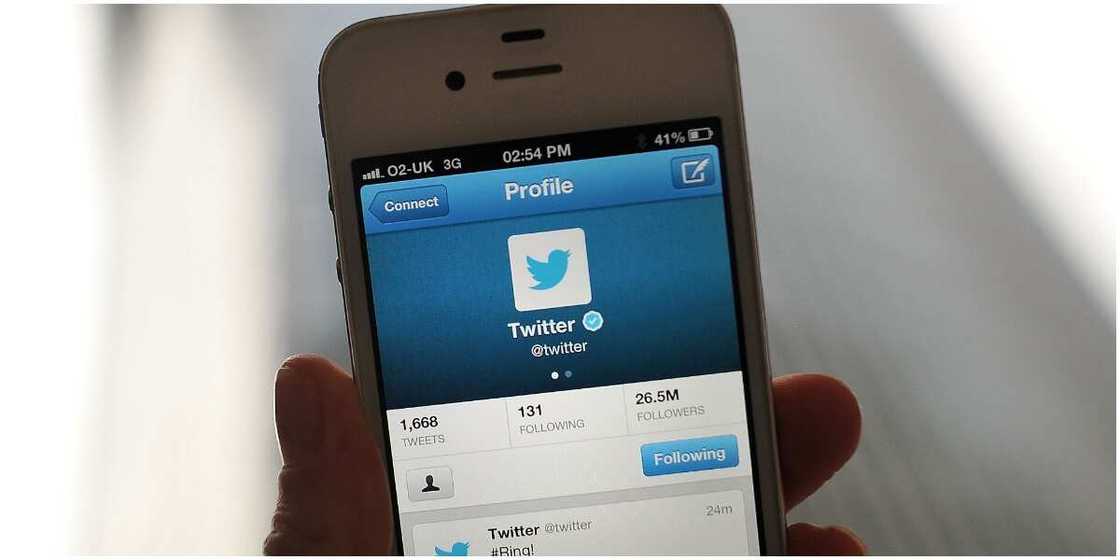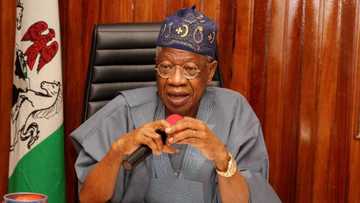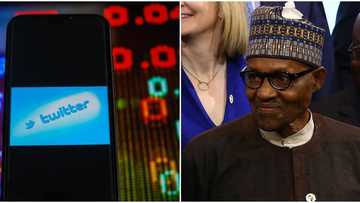N388.77billion Loss: Four Nigerian Businesses Affected By Twitter Ban
- Several businesses have been negatively impacted by the Twitter ban of Nigerian government in the first week of this month
- Over N388.77 billion have been lost, with the country expected to lose a whopping N1.21 trillion if the ban remains till the end of June
- Micro, small and medium businesses, including corporations use Twitter as a source to grow their customer base, so the ban is eating into their revenue
It has been eight days since the Federal Government banned Twitter operation in Nigeria. The restriction was intended just for the social media site, but the ripple effect has gone beyond what FG envisaged.
In 2006, Twitter started as a microblogging and social networking service, but fourteen years down the line, the social media app has become a revenue opportunity for individuals and businesses.
Did FG misfire with Twitter ban?
For many private and corporate accounts, Twitter is no longer just about tweeting as every word, retweet, the quoted tweet is a stream of income for users of the platform.
While FG said the ban has cost Jack Dorsey, founder of the site, billions, without putting a cap on the figure, considering Nigeria not being part of top 20 users of Twitter, the damage to the tech company is expected to be a scratch.
However, according to Netblocks estimation, Nigeria has lost N388.77 billion for every day that Twitter remains shutdown. If the ban stays effective till June ending, estimated N1.21 trillion loss will be recorded.

Source: Getty Images
Businesses affected by the Twitter ban
This means the country has been on the receiving end, rather than Dorsey. The loss is eating into earnings of individuals and organisations that have been able to monetise their presence on the microblogging platform.

Read also
Stanbic IBTC founder, Atedo Peterside, states what FG must do next amid Twitter ban impact on businesses
Media organisations
While their job is to report happenings in Nigeria and across the word, these reports are shared across various social media platforms to increase number of readers.
For some companies, their biggest reader traffic comes from Twitter, not Google, Facebook or Instagram. The more readers their articles attract, the higher their revenue grows.
But since the ban, companies have stopped sourcing for readers through Twitter, and this has cut their number of readers, which automatically reflects on their revenue.
Corporate organisation
For organisations like commercial banks, network providers, sport betting companies, the microblogging platform has become a major channel to grow their customer base.
As a user of Twitter, they have direct access to about 33 million Nigerians and over 180 million accounts world wide according to Statista, thereby, boosting their service exposure, and simultaneously increasing their customer base, which causes an uptick in revenue.
Artisans: Micro and small businesses
One of the sources of revenue for micro and small businesses is social media. Entrepreneurs use these platforms to scout for customers, but since the Twitter ban, the number of prospective customers have dwindled.
Twitter enables SMEs like quick service restaurants, bakers, artists, thrift shops, fashion designers, artisans, amongst others, to have a real time business interaction with prospective clients without having to leave their comfort zone.
Twitter Influencers
While most influencers have continued to defy the directive by the government, they are also affected by third-party decisions. These influencers work with corporate organisations that have taken strictly to FG's ban.
These corporations have stopped using influencers' accounts to run promotions for their services in order not to be caught in crosshairs of the government.
The decision has affected earnings of Twitter influencers despite their decision to continue using the site as a protest against the government's decision.

Read also
Nigerian governor sends message to Buhari, lists 5 reasons why ban on Twitter should be reversed
Meanwhile, Legit.ng had reported that the Central Bank of Nigeria is working on creating a digital currency for the country and those interested in crypto.
The decision to produce the digital coin was made after five months of CBN directive ordering commercial banks and other financial institutions to close crypto-linked accounts.
The popularity of cryptocurrency in Nigeria hit a record high during the EndSARS protest in October 2020, and in order to curb the growth, CBN closed accounts of Nigerian bitcoin and other crypto exchanges.
Source: Legit.ng



